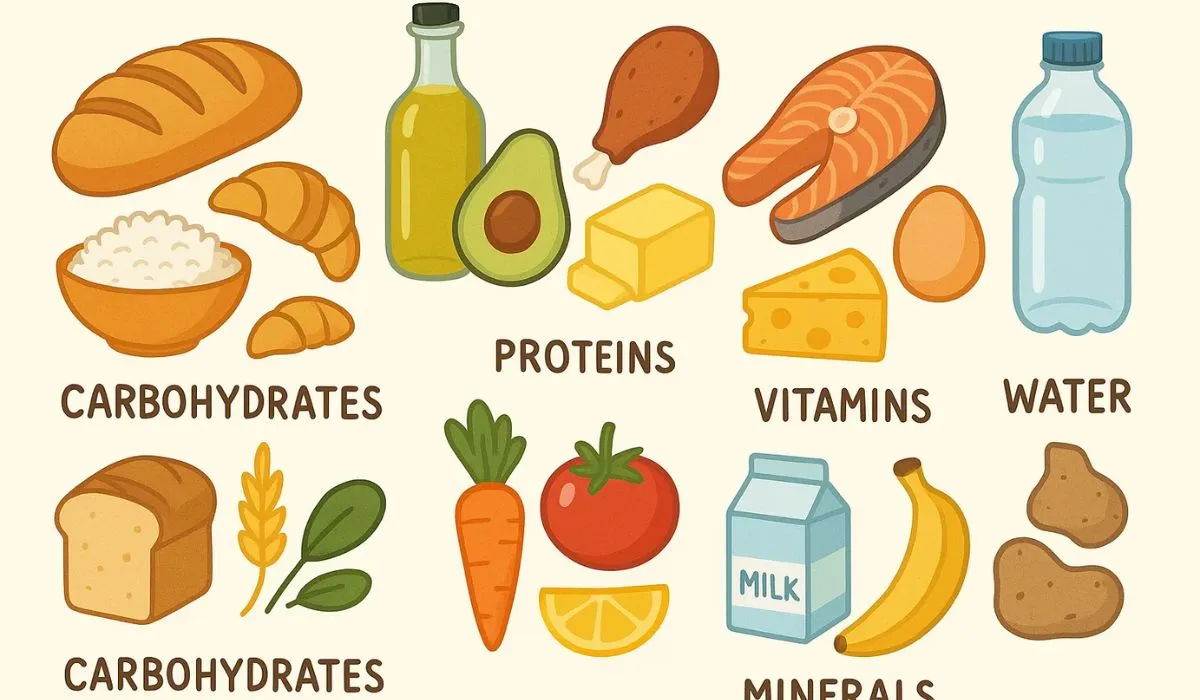Assuming that you realized there were a few solid propensities you could take on right now to assist with bringing down your possibilities experiencing discouragement, couldn't you be interested to be familiar with them?
As per late exploration, regardless of whether your DNA makes you more powerless to sadness, you can go with decisions in regular daily existence to make creating melancholy undeniably more outlandish. Realizing you have some command over this psychological wellness condition is a very enabling thing.
Study Investigates the Link Between Modifiable Lifestyle Factors and Depression Risk

In a recent report distributed in Nature Psychological wellness, specialists from Fudan College in Shanghai and Cambridge College in Britain searched for the relationship between members' downturn hazard and seven explicit modifiable way of life factors: liquor utilization, diet, actual work, rest, smoking, stationary way of behaving, and social association.
Throughout the span of nine years, they broke down the U.K. Biobank wellbeing information of north of 280,000 grown-ups (normal age of 58), wanting to pinpoint which solid way of life ways of behaving — and, significantly further, whether a mix of these ways of behaving were generally connected with decreased sorrow risk.
Eventually, they finished up: We found that a solid way of life diminished the gamble of discouragement across a populace with differed hereditary gamble Together, our discoveries propose that adherence to a sound way of life could support the counteraction of melancholy.
Top Lifestyle Factors Associated With Reduced Risk of Depression

In any case, when consolidated, the possibilities appeared to be far superior. Subjects were each given a score from 0 to 7, in light of the number of elements their life included, and ordered into three gatherings: those with an "ominous way of life" (score of 0 to 1), an "middle of the road way of life" (score of 2 to 4), and an "great way of life" (score of 5 to 7).
Obviously, sticking to additional ways of behaving appeared to have intensifying advantages for diminishing misery risk. Contrasted and the troublesome way of life bunch, a halfway way of life (following two to four of these sound propensities) was related with a 41 percent lower chance of despondency, and a solid way of life (comprising of five to seven propensities) was related with a noteworthy 57 percent lower hazard of sadness.
The specialists likewise assessed a subset of members' cerebrum checks, taking note of that the minds of the solid way of life bunch showed significant underlying markers connecting with sorrow, including a "bigger volume of the orbitofrontal cortex and the average prefrontal cortex, which could propose worked on mental control and feeling guideline." They make sense of additional in the review article that adequate, steady, great quality rest "advances synaptic pliancy components in the hippocampus that streamline profound reactions to future conduct stressors.
7 habits to fight depression
The researchers first looked at the self-reported lifestyle habits of 287,282 individuals, zeroing in on seven factors: alcohol consumption, diet, physical activity, sleep, smoking, sedentary behavior, and social connection. Then, perusing nine years of follow-up data, they monitored which individuals went on to experience depression, and noted how much each habit affected that risk. Here’s what they found.
1. Eating a healthy diet defined as limiting refined grains, processed meats, and red meat while consuming lots of whole grains, fruits, vegetables, and fish decreased the risk of depression by 6%.
2. Drinking no more than one alcoholic drink per day for women and two for men reduced the risk by 11%.
3. Spending fewer than four hours per day outside of work watching TV or using a computer lowered the risk of depression by 13%.
4. Engaging in at least 150 minutes of moderate physical activity or 75 minutes of vigorous physical activity per week was linked to a 14% reduction in risk.
5. Staying socially connected with friends and family reduced the risk of depression by 18%.
6. Never smoking was associated with a 20% decline in risk.
7. Sleeping seven to nine hours each night on average lowered the risk of depression by 22%.
The researchers found that individuals who followed at least five of these wholesome habits enjoyed a remarkable 57% decline in depression risk compared to individuals who followed one or none.
Nature vs. nurture
Next, analyzing genetic data for close to 200,000 individuals, they found that adopting at least five of the habits helped people genetically predisposed to depression avoid the condition.
“Participants with high genetic risk but favorable lifestyle had a lower risk of depression than those with intermediate or low genetic risk but unfavorable lifestyle and those with intermediate genetic risk and intermediate lifestyle,” they wrote.
Frequently Asked Questions!
How does a healthy lifestyle help in reducing depression?
A solid way of life that includes moderate liquor utilization, a sound eating routine, normal actual work, solid rest and successive social association, while abstaining from smoking and an excess of inactive way of behaving, diminishes the gamble of gloom, new examination has found.
What are the 7 lifestyle habits for depression?
These propensities are moderate liquor utilization, a solid eating regimen, customary actual work, a normal of seven to nine hours of rest each evening, swearing off smoking, staying away from stationary way of behaving, and keeping up with social associations.
Is 12 Rules for Life good for depression?
With 5 million duplicates sold and then some, Peterson is truly affecting combatting melancholy. Cleverly enlightening, 12 Guidelines for Life investigates the profundities of wretchedness, and focuses a light on the hopelessness millions are presently confronting.
Can bad healthy habits result in depression?
Our discoveries show that undesirable dietary practices (meat dietary practices) are a part of a way of life that incorporates actual idleness, smoking, and liquor utilization. Also, unfortunate dietary practices are related with burdensome side effects.
Can your lifestyle affect depression?
Notwithstanding, unfortunate ways of life have been likewise longitudinally connected with misery. Individuals who smoke [8] and drink unreasonably [9] are bound to become discouraged after some time.






